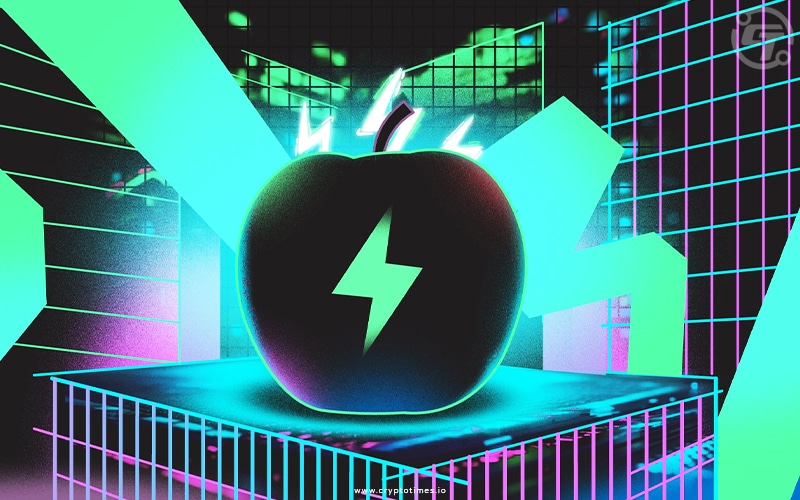STEPN, the blockchain-based fitness app developed by Find Satoshi Lab (FSL), has integrated Apple Pay to simplify in-app purchases and expand its payment options. This breakthrough comes as the first integration of Apple Pay in a blockchain gaming app, marking a significant step forward in converging web2 and web3 technologies.
The move-to-earn app rewards users with token rewards for physical activities like walking or running tracked via synced smartphones. Users can also purchase unique sneaker Non-Fungible Tokens (NFTs) with distinct attributes that affect the rewards earned.
This integration with Apple Pay eliminates the need for users to link a crypto wallet to transact within the app. Instead, users can add their credit or debit card information to their Apple Wallet on iPhones, simplifying transactions and increasing payment security, as users’ card details are not stored within the app.
“We are thrilled to announce this integration, which makes Web3 more accessible to the masses and crucially bridges web2 and web3 technology in a way that is thus far unseen,” said Yawn Rong, co-founder of FSL.
Despite a decline in active monthly users from over 705,000 in May 2022 to just under 30,000 a year later, STEPN continues to innovate and expand its user base. The new fiat-onramp partnership simplifies access to StepN products, facilitating user growth.
In compliance with Apple’s policies, each in-app purchase is subject to taxation, resulting in a price difference when using Spark credits to buy a sneaker. This adjustment ensures adherence to necessary regulations and reflects the added taxation.
STEPN’s integration with Apple Pay comes shortly after the news of StepN’s New Horizon Initiative, a rewards program for StepN’s most loyal community members. Holders of StepN Genesis Sneakers, the rarest NFT sneakers within the app, were treated to an airdrop of an estimated 80 million $GMT, the official token of the FSL ecosystem, in February this year.
Axie Infinity, a popular web3 game, recently announced its availability for download on Apple’s App Store. This suggests that the tech giant may be becoming more receptive to allowing blockchain-based mobile games on its iPhone platform.







